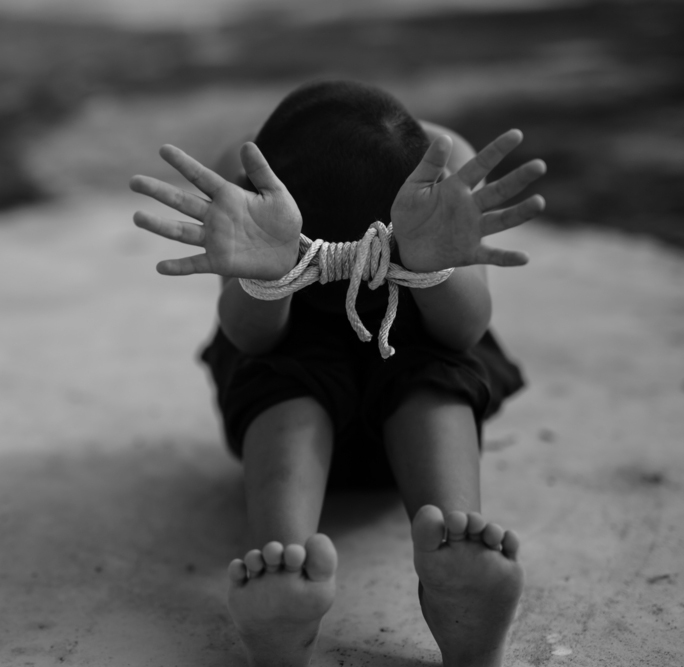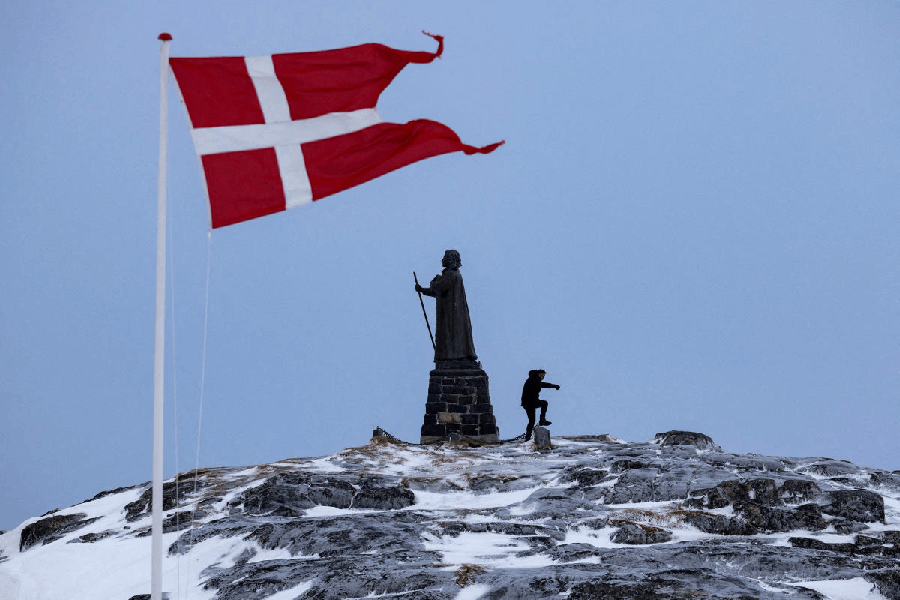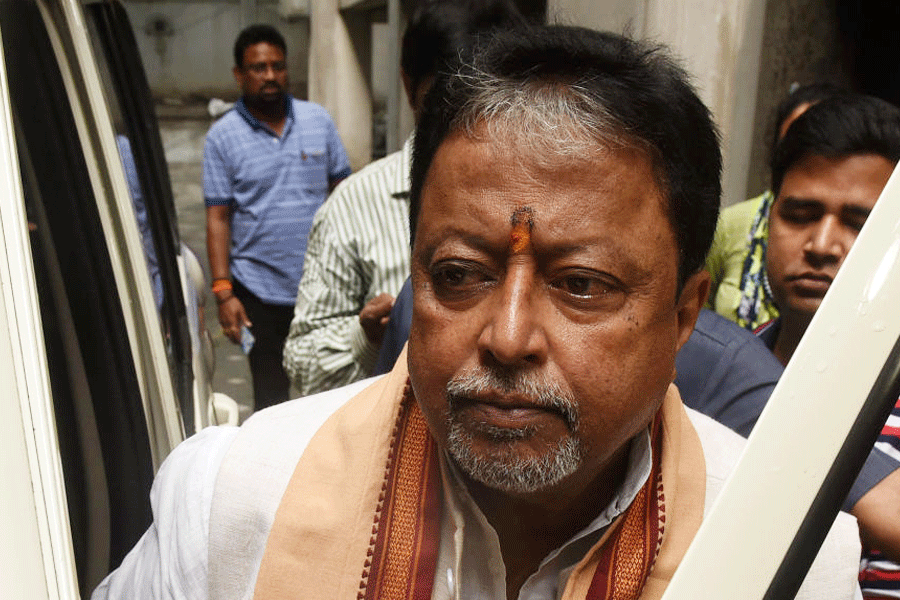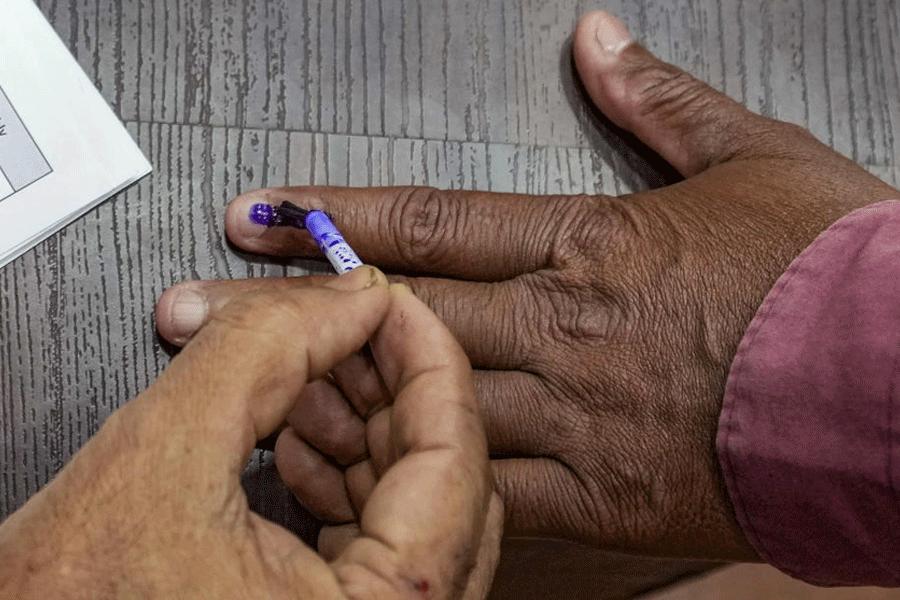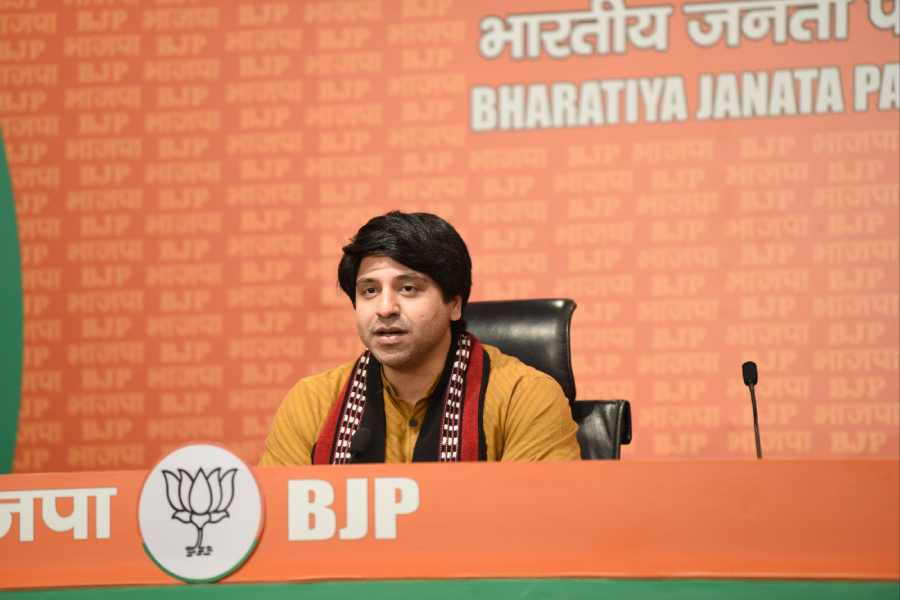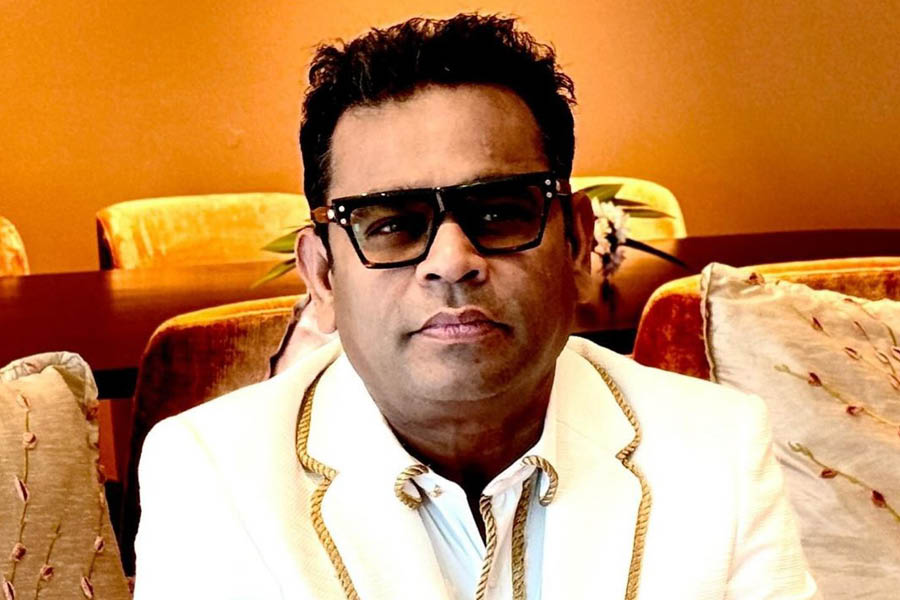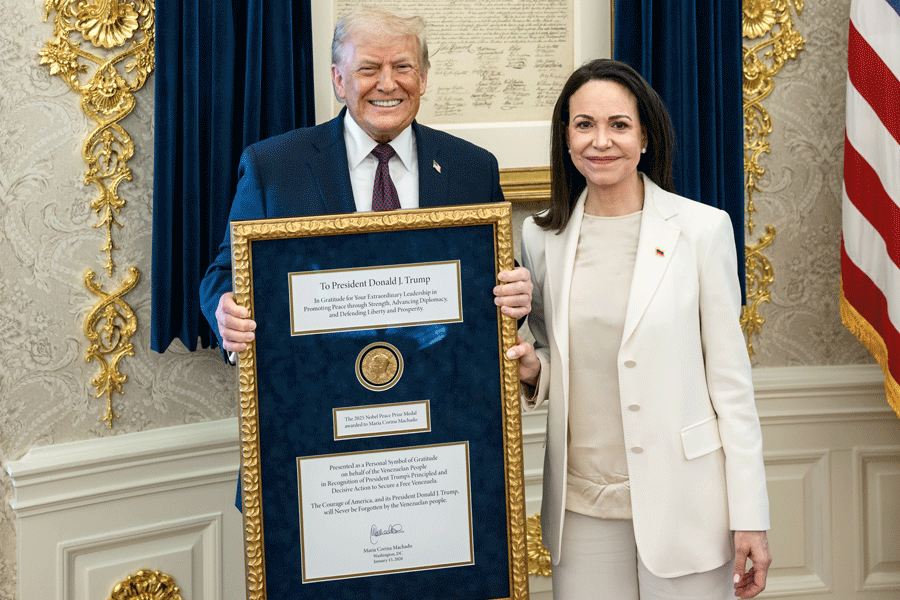The last-minute “rescue” of 579 children from Bengal, Jharkhand and Bihar who were allegedly being trafficked to two Kerala orphanages had caught the national attention five years ago. Recently, though, the CBI told a court in Kochi that no trafficking was involved.
The Mukkom Muslim Orphanage at Mukkom, Kozhikode, and the Anwarul Orphanage at Vettathur, Malappuram, have welcomed the agency’s findings, placed before the chief judicial magistrate’s court in Ernakulam on October 17.
The Indian Union Muslim League, a partner in the Congress-led United Democratic Front, had come under attack from political rivals because some of its leaders were associated with the charitable trusts that ran the orphanages. It now says it has been “vindicated”.
It had all started when a group of 466 worn-out and weakened children from Bihar and Jharkhand, aged between 5 and 13, got off the Patna-Ernakulam Express at Palakkad railway station on May 24, 2014, along with a few adult escorts.
Media reports said the children had been crammed into three overcrowded compartments for the 2,700km journey and had gone without food and water for hours, and that many of them were travelling ticket-less.
Railway authorities took the children to a rescue home while the railway police detained the adults for questioning about possible child trafficking. The suspicions deepened when, two days later, another batch of 113 children arrived at the same station on the Guwahati-Thiruvananthapuram Express.
When the officers learnt that both batches of children were headed to the Mukkom and Anwarul orphanages, despite many of them not being orphans, these institutions too came under a cloud. Their affiliation to Muslim charities led to the airing of sectarian insinuations.
Eventually, the children — 346 boys and 233 girls from Malda in Bengal, Godda in Jharkhand and Bhagalpur and Banka in Bihar — were sent back home. Eight among the escorts, who too were from these eastern states, were arrested and later released on bail.
The railway police registered a case of trafficking against these eight and the two orphanages at the behest of the Kerala Child Rights Commission. The case was soon handed over to the police crime branch and later, on Kerala High Court’s orders, to the CBI.
On October 17 this year, the agency told the court there was nothing illegal about orphanages in Kerala admitting impoverished children from other parts of the country to provide them with free food, clothing, education and accommodation. It exonerated the eight accused along with the managements of the orphanages.
Among the points the CBI made were:
- The children had been brought to Kerala with the full knowledge, acquiescence and cooperation of their parents, and without any threat, intimidation, bribery or coercion.
- The Bihar government had filed an affidavit in the Supreme Court denying any children had been trafficked from the state to Kerala.
- The Kerala social justice department had on June 22, 2013, issued an order allowing children from poor families in other states to be admitted to orphanages in Kerala even if their parents were alive.
- The children appeared exhausted and feeble because they had travelled in jam-packed, unreserved compartments across 2,700km in stifling summer heat. But they were provided with food and water on the way.
- All the children had tickets. The confusion arose because of the language barrier between the railway police, journalists and child rights activists on one hand and the children and their escorts on the other.
- Both the accused orphanages have won awards and recognitions for the safety, care and education they provide to the children with them.
V. Muhammed Haji of the Mukkom Muslim Orphanage said the CBI clean chit would allow the orphanages to support more poor children from other states. Representatives of the Anwarul Orphanage too welcomed the CBI report.
“There were organised attempts to describe it as child trafficking. The allegations were highly motivated. Now our stand is vindicated,” state Muslim League general secretary K.P.A. Majeed said.
Majeed and party Lok Sabha member E.T. Mohammed Basheer are members of the trusts running these orphanages.
The CBI report, however, has also cited several lapses on the part of the orphanages and their agents, saying they had failed to comply fully with the legal requirements relating to inter-state transfer of children.
Although some of the children were able to produce identity cards issued by the two orphanages, most of them carried no identity proof, it said.
No employee from either orphanage had accompanied the children during the long journey. Those accompanying them from the eastern states lacked the knowledge to answer the queries of the railway police and child rights activists at Palakkad station.
The report said the orphanages should have ensured that each child carried documents proving their identity and their parents’ consent.

